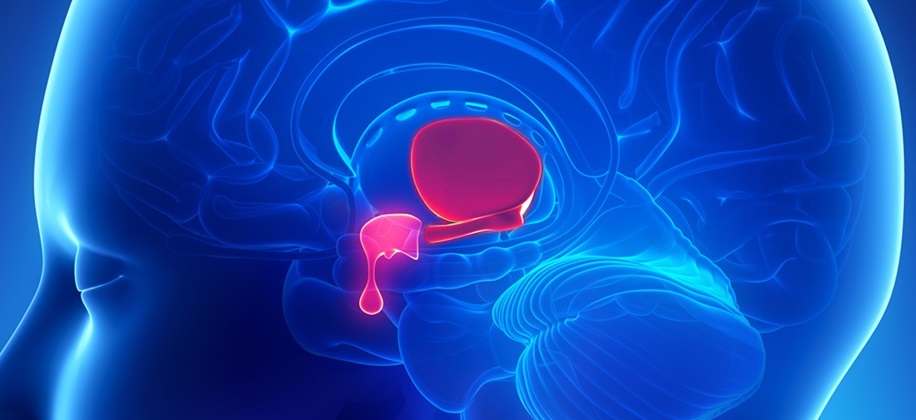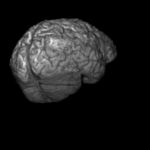Throughout our body, biological clocks produce circadian rhythms which influence physical and behavioral patterns that adhere to our daily cycle. In a new study, researchers at the University of Minnesota discovered how minor stress could be beneficial for the circadian clock.
As published in the peer-reviewed journal Neuron, researchers examined the association between cellular stress signals and the circadian clock.
Based on their assessment, the results showed that stress results in rhythmic phosphorylation of eIF2α, thus increasing the amount of ATF4 protein in one’s central brain clock. The brain’s clock operates faster upon the activation of the Per2 gene caused by the ATF4 protein. This particular mechanism is required for a consistent, efficient clock, in which stress signals affect the speed and efficiency of the circadian clock.
“ATF4 binding motifs are identified in multiple clock genes, including Per2, Per3, Cry1, Cry2, and Clock. ATF4 binds to the TTGCAGCA motif in the Per2 promoter and activates its transcription,” wrote Salil Saurav Pathak, co-author of the study.
“Together, these results demonstrate a significant role for ISR in circadian physiology and provide a potential link between dysregulated ISR and circadian dysfunction in brain diseases.”
Ruifeng Cao, another co-author, added: “The next step is a more thorough and larger scale study on the crosstalk between the cellular stress network and the circadian clock.”
“Hopefully our work can lead to discovering medicine that can manage the stress level and regulate the clock function in disease to keep people healthier.”


